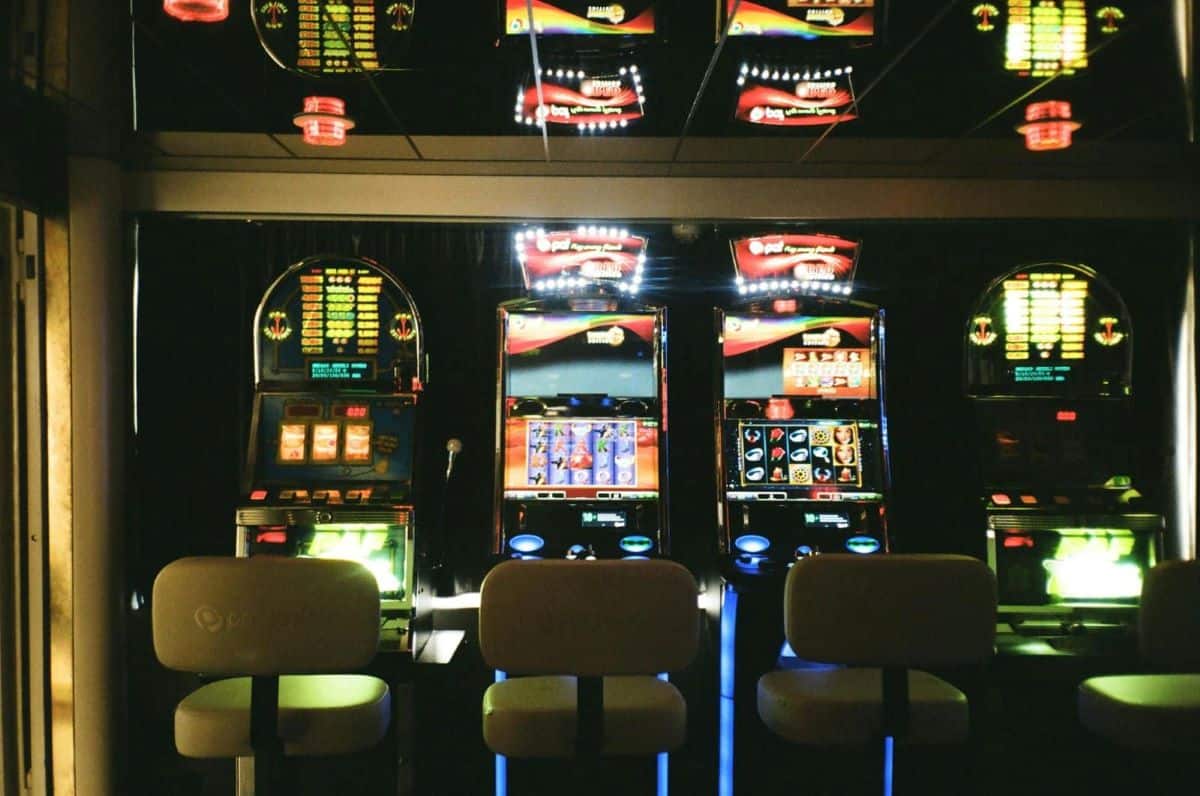You might think your home is your haven, but could it also be a cache of contraband? Are you unknowingly breaking the law with items tucked away in your drawers or closets? Let’s uncover some common household items that might be illegal under U.S. law.
1. Unauthorized Prescription Drugs
Holding onto prescription medications not prescribed to you is illegal in the U.S. and can lead to drug charges. Make sure to properly dispose of any old or unused medications to avoid potential legal issues.
2. Certain Wildlife Souvenirs
It’s illegal to own products made from endangered species, such as ivory or sea turtle shells, without specific permits. Violations can result in hefty fines and contribute to the endangerment of species.
3. Unlicensed Firearms
Owning firearms without the appropriate licensing is a federal offense in the U.S. This can lead to severe penalties, including fines and imprisonment, so ensure your firearms are registered.
4. Pirated Movies and Music
Possessing pirated DVDs or illegal downloads is a violation of copyright laws. This could result in fines and even jail time, so it’s best to stick to legitimate sources.
5. Counterfeit Money
Even if kept as a novelty, possessing counterfeit currency is illegal under U.S. law and can lead to federal charges. Inform the authorities if you come across counterfeit money.
6. Certain Types of Lock Picks
In many states, owning lock-picking tools without being a licensed locksmith suggests criminal intent and is illegal. Being caught with these can lead to breaking and entering charges.
7. Certain Types of Plants
Growing plants like marijuana in states where it is not legalized or endangered species without a permit is illegal. Penalties can range from fines to jail time.
8. Modified Cable Boxes
Using altered cable boxes to access services without paying is theft and is punishable under federal law. Ensure all your cable and streaming services are legally obtained.
9. Radar Detectors
In states like Virginia and Washington, D.C., using radar detectors in your vehicle is illegal and can lead to fines. Check local laws before installing one.
10. Homemade Alcohol
Distilling spirits at home without a license is illegal in the U.S. due to safety concerns and tax regulations. This can lead to legal actions and fines.
11. Fireworks
Possessing fireworks in states or cities where they are banned poses legal risks and fire hazards. Illegal fireworks can result in fines and confiscation.
12. Large Quantities of Fertilizer
Holding large quantities of certain fertilizers without justification can be suspect and illegal due to their potential use in making explosives. This could lead to an investigation by authorities.
13. Baby Turtles
Selling or distributing baby turtles under 4 inches long is illegal in the U.S. due to the risk of salmonella. Violations can result in fines and other penalties.
14. Slot Machines
In many states, owning a slot machine is illegal unless it meets antique qualifications and is used for display only. Breaking this law can lead to criminal charges.
15. Certain Pesticides
Using or storing banned pesticides like DDT is not only illegal but also harmful to the environment and public health. Legal repercussions include fines and cleanup orders.
16. Expired Flares
Keeping expired marine or road flares is illegal as they must be disposed of as hazardous waste. Using expired flares can be ineffective and dangerous, leading to fines.
17. Police Scanners
Using a police scanner in the commission of a crime enhances penalties in many states. Owning one can be legal, but using it wrongly is not.
18. Mercury Thermometers
Possessing mercury thermometers is banned in many states due to mercury’s toxicity. Improper disposal can also lead to environmental fines.
19. Brass Knuckles
Owning brass knuckles is illegal in several states and can lead to assault charges if used. Check local laws to ensure you’re not inadvertently breaking them.
20. Offensive Weapons
Items such as switchblades, gravity knives, and billy clubs are banned in many U.S. states. Possession can result in criminal charges and fines.
21. Stolen Street Signs
Possessing stolen street signs is considered theft of government property and is illegal. It can lead to charges that include fines and community service.
Check Your Home
Staying on the right side of the law means knowing what’s legal to keep at home. Regularly check that you’re in compliance with both state and federal laws to avoid unexpected legal troubles. Keeping informed is your best defense!
Featured Image Credit: Pexels / Darya Sannikova.
The content of this article is for informational purposes only and does not constitute or replace professional financial advice.
For transparency, this content was partly developed with AI assistance and carefully curated by an experienced editor to be informative and ensure accuracy.
The images used are for illustrative purposes only and may not represent the actual people or places mentioned in the article.

